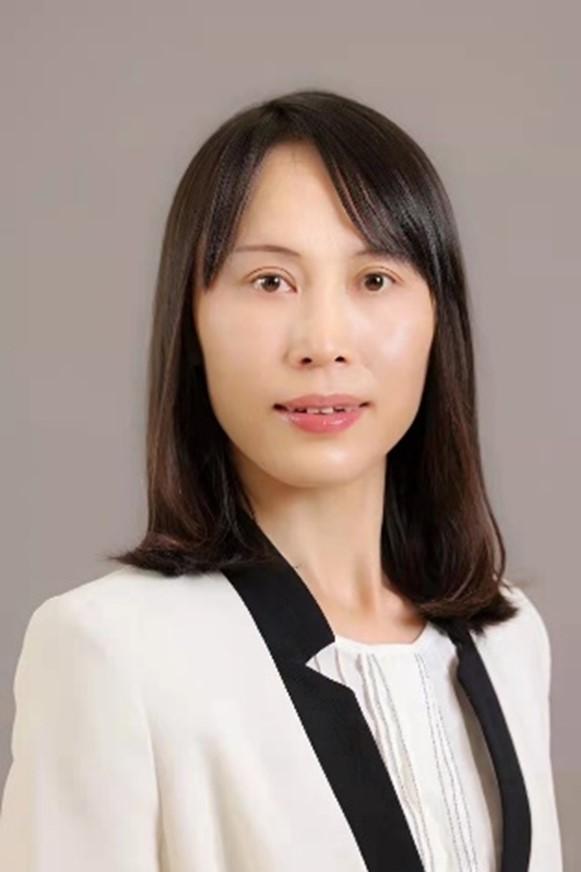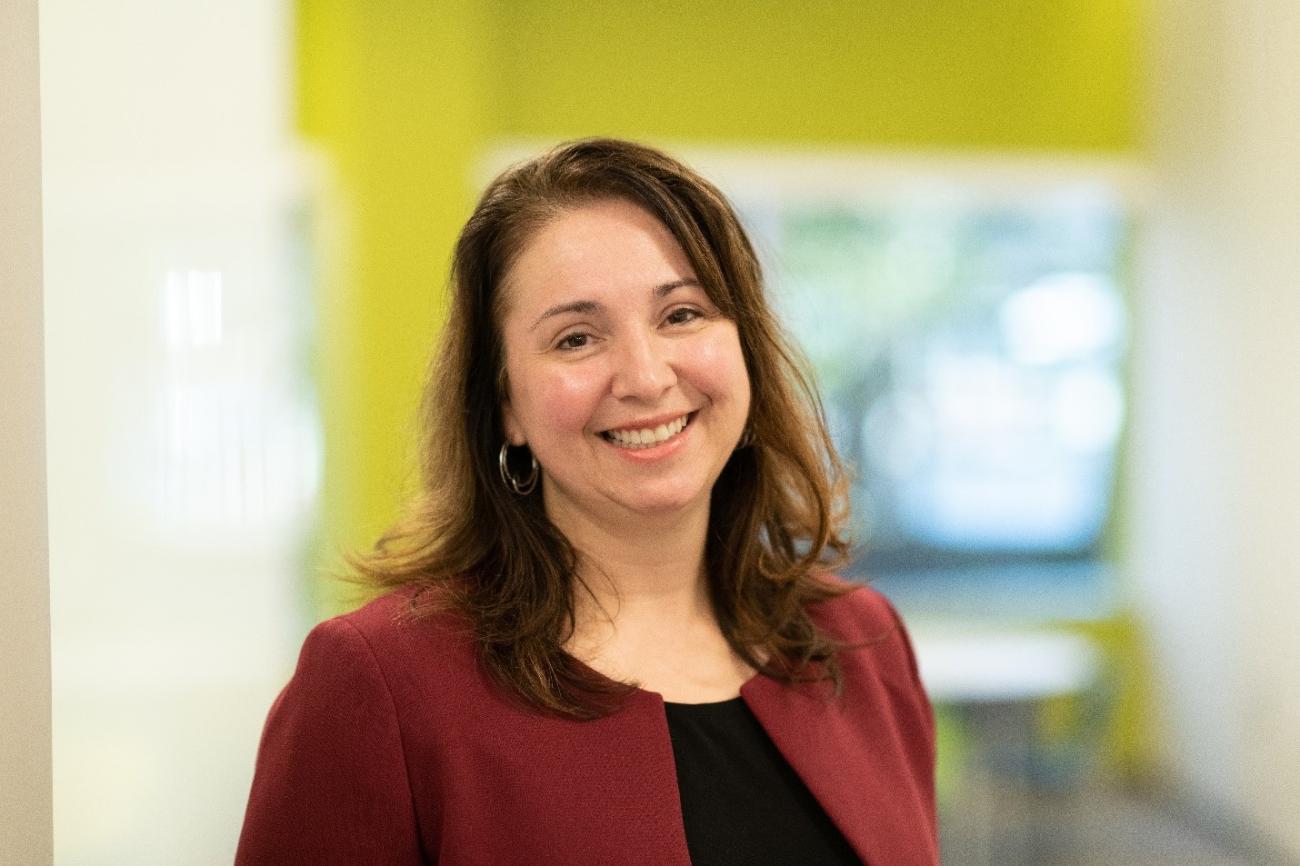
Professor Jan C. Frijters
Brock University
The society has been my academic home since grad school, and most recently I have been honored to serve as Secretary for the last several years. As a developmental psychologist, my research has focused on cognitive and motivational factors in reading disability, intervention response, and understanding the development of reading skills through brain and genetic methodologies. Moving forward, I believe that trainees at all levels constitute the strength of our society and the vibrancy of our science. Breaking new ground in advancing understanding of reading is only possible by bringing unique voices into our society, and amplifying the existing voices. I also ardently hold that we could not overestimate the social good done were 20% of our untranslated science brought to practice. Reading is fundamental for academic and lifelong success. As researchers, we have an obligation to ensure our work improves outcomes for struggling readers and whole social systems. If elected, I will explore ways to build stronger connections between researchers and educators to facilitate implementation of evidence-based practices. This may include special issues of our journal focused on translation, invited sessions at our conference on research-to-practice, and creating networks for researcher-practitioner collaborations. Building on recent leadership strength, I believe we can expand the reach and impact of our society. I would be honored to serve this organization and community that has contributed so much to my own growth as a scholar. If elected, I will work diligently to see that our society continues to advance reading research and practice for years to come.

Professor Shelley Xiuli Tong
University of Hong Kong
My connection with SSSR began 17 years ago when I was a graduate student. Since then, I have witnessed its rapid growth and have actively engaged in its development, serving on both the membership and publication committees. While I am proud of the remarkable development of SSSR, we must acknowledge that we are living in a transforming, if not transformed, world, where we face both potential opportunities and challenges. If elected as Vice President, I will steer SSSR as a driving force toward the following areas: 1) expediting the translation of scientific discoveries into real-world reading practice to improve global reading outcomes by fostering collaboration and knowledge exchange among reading scientists, practitioners, and teachers; 2) enriching our understanding of reading science and addressing complex challenges by actively encouraging a diverse and inclusive SSSR membership community; and 3) guiding and supporting career development in reading science by empowering early- and mid-career researchers through a one-on-one interdisciplinary mentorship program.
I am a professor in the University of Hong Kong’s Faculty of Education where I direct the Speech, Language, and Reading Lab (https://slrlab.edu.hku.hk). My research employs cognitive-behavioral, neurophysiological, and artificial intelligence (AI) approaches to investigate the impact of implicit statistical learning on reading development and difficulties, and develop
an integrated strength-weaknesses-based assessment and intervention, i.e., Intelligent Dyslexic Interface Design (I-DID), that capitalizes on individual strengths of children with dyslexia while improving their specific language and reading weaknesses. This reflects my life-long commitment to transform scientific evidence into public policy and practice.

Professor Tiffany P. Hogan
MGH Institute of Health Professions
Thank you for the opportunity to further serve you in the society. I have been a committed member of SSSR since my first conference as a graduate student in 2000: I have presented at all of the conferences since that first one, except for three, and I often chair conference symposia (I was excited to be asked to prepare a virtual talk for the pre-conference this year in Australia, even though I wasn’t there in person); I have reviewed conference submissions for 10 years; I have served on the publications board 2 years; and I have been an elected board member and, in that capacity, I have led the awards committee as chair since 2018. Through these experiences I have learned about the inner workings of SSSR and have had the pleasure of getting to know many of you. I am proud of how our society is thoughtfully growing. If elected, I will continue to serve with a focus on (a) maintaining high quality conferences while simultaneously increasing attendance (b) expanding support for emerging scientists, (c) operationalizing our commitment to justice, equity, diversity, and inclusion and (d) increasing our international membership. I’m a Professor in the Department of Communication Sciences and Disorders at MGH Institute of Health Professions in Boston, Massachusetts, USA, Director of the Speech and Language (SAiL) Literacy Lab and the Center for Translational Research: Implementation science and Dissemination for Equity (cTIDE), Research Associate at Harvard Medical School, and inaugural research affiliate for the Boston University Center for Anti-Racist Research. My research-practice partnerships focus on improving language and literacy assessment and intervention in schools, especially for neurodiverse children with Developmental Language Disorder, Dyslexia, and/or Speech Sound Disorders. Advocacy efforts led me to co-found a DLD informational website: www.dldandme.org, host a podcast (www.seehearspeakpodcast.com), organize an annual conference on implementation science in communication sciences and disorders, and contribute to numerous educator-focused journals and public facing news outlets.